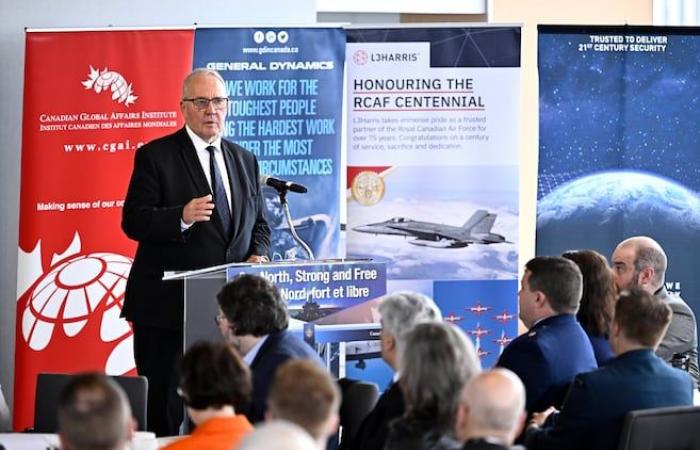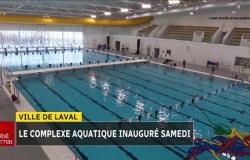The request was made after the government announced its new foreign policy for the Arctic. This plans to promote investments in a host of sectors, but without committing to financing projects.
The federal government emphasizes that the unveiled policy complements the defense policy update released in April, which relies heavily on the Arctic, promising $218 million over 20 years to build and manage “operational support hubs [CSO]» in the North.
The CSOs are accompanied by an improvement in infrastructure for the regions that host them, particularly in terms of communications, water and electricity supply.
The locations of future CSOs have not yet been determined, with the possible exception of Inuvilk, Northwest Territories, where the Department of Defense is renovating the local airport as part of of NORAD modernization.
The premiers of the three Arctic territories (Yukon, Northwest Territories and Nunavut) say investments in infrastructure can be linked to national defense spending.
Northwest Territories Premier RJ Simpson mentions road construction to help the region’s mining companies transport critical minerals.
“I’ve talked about it several times with the federal government,” he said.
These investments also made it possible to stimulate the local economy. Mining and oil extraction accounted for almost 20% of gross domestic product in 2023.
“We have an abundance of critical minerals here. Having the infrastructure to access it is important, underlines Mr. Simpson. And these critical minerals are widely used for defense.”
Anessa Kimball, director of the Center on International Security at Laval University, says the idea of including infrastructure investments in defense spending can be defended.
“The protection of supply chains and access to critical minerals are elements that fall under the umbrella of defense and security, according to NATO,” she says.
According to her, Canada must demonstrate that these infrastructures can be considered essential to defense, it must determine the percentage that can contribute to a NATO operation. It is more difficult in Canada than in Europe, because each country has easier access to each other’s facilities.
A deep water port in Nunavut
Nunavut hopes to build a deep-water port. This would boost fisheries and the supply of goods during the summer. This too would ensure a naval presence in the Northwest Passage.
“This creates a chance to create a base for relief operations, to respond to a fuel oil leak in the Arctic. We know that this concerns the population,” said the territory’s premier, PJ Akeeagok.
Like Mr. Simpson, he encourages the federal government to fund road construction to access critical minerals.
Canada is building a naval refueling station in Nanisivik, but the completion of the project on which the government has already spent more than $100 million has been delayed by numerous constraints, including budgetary ones.
In 2022, the Auditor General of Canada raised concerns by stating that “certain investments made by the government to support surveillance in the Arctic, such as the Nanisivik naval installation, provided little value”.
Defending the country’s sovereignty in the region is not a notion lost on Defense Minister Bill Blair.
“When I first went north as Canada’s defense minister, I thought about the work we needed to do to strengthen our defense capabilities,” he said. It was the people of the North who pointed out to me that the assertion of our sovereignty did not depend solely on the arrival of military planes. I was told the same thing everywhere: we must invest in infrastructure, we must invest in important things.”






